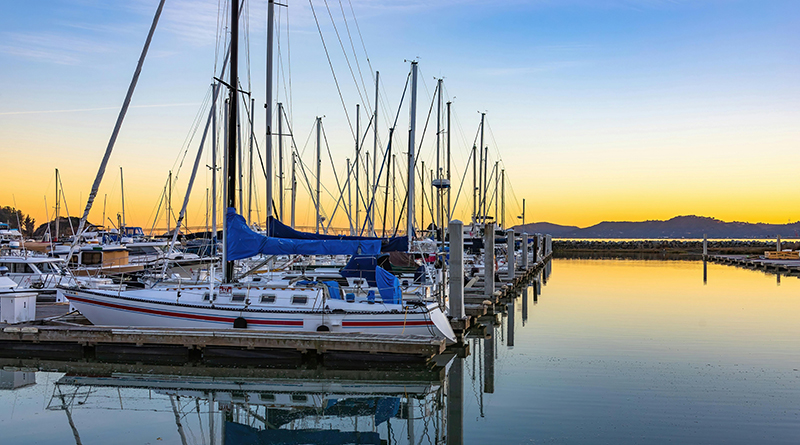According to a study published in Science Advances, conducted by a team of researchers from the Mexican Center for Marine Biodiversity, UC San Diego’s Scripps Institution of Oceanography, the Institute of Americas’ Gulf of California Marine Program, and the National Geographic Society, evidence found that large-scale, offshore, and fully Marine Protected Areas (MPAs) successfully protect biodiversity without negatively impacting fishing and food security.
This assessment is the first-ever before-and-after study on the impact of establishing Mexico’s Revillagigedo National Park on the fishing industry. The park was established in 2017, nicknamed the “Galápagos of Mexico,” and is the world’s 13th-largest MPA. Together, a team of U.S. and Mexican researchers found that Mexico’s industrial fishing sector did not suffer any economic loss five years after the park’s creation despite a total ban on fishing activity within the MPA.
The Revillagigedo National Park banned potentially damaging human activities, including fishing, to help the marine populations recover. The park is an underwater home to one of the world’s largest collections of sharks and manta rays, as well as tuna, humpback whales, and five species of sea turtles. In addition, it also harbors more than 300 species of fish, 36 of which are not found anywhere else in...







